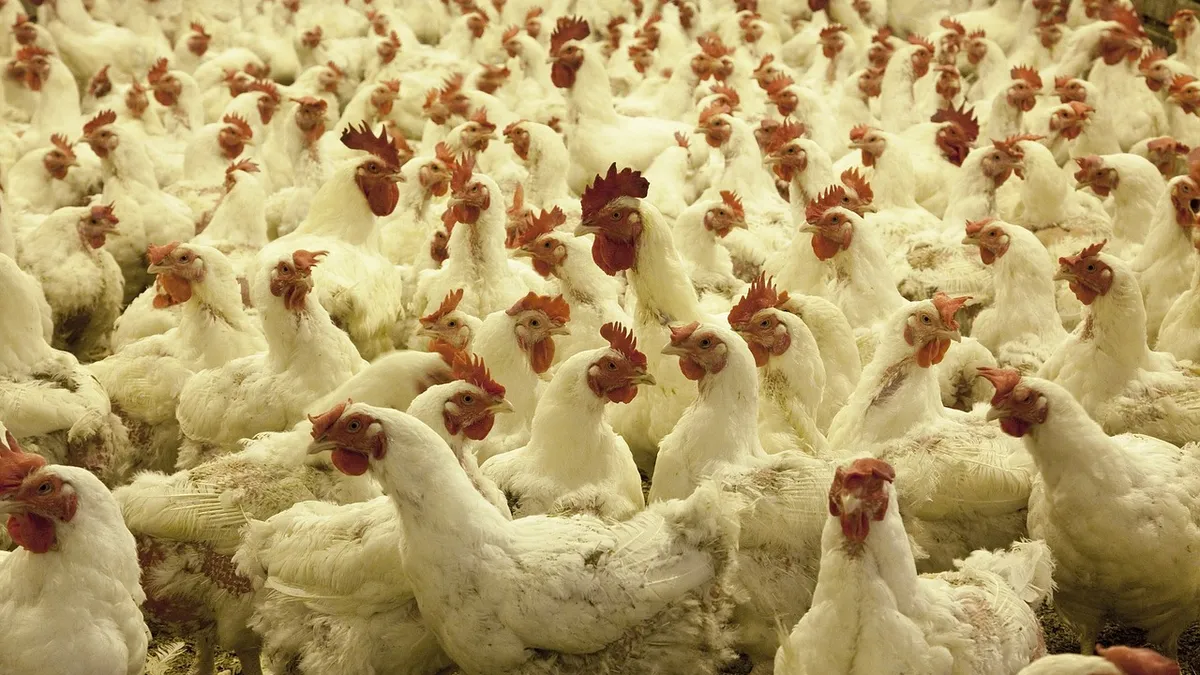Dive Brief:
- A new survey from Technomic and the American Society for the Prevention of Cruelty to Animals (ASPCA) finds that most of consumers (77%) are concerned about animal welfare as it applies to their food. More than two-thirds of consumers pay some or a lot of attention to food labels regarding how the animal was raised. This trend is reflected in what retailers are seeing – over 70% of those stocking products with humane claims report sales increases.
- Most consumers who are not paying attention to labels indicate that they just don’t know what to look for (28%). The survey showed that consumers are confused by what food labels mean when it comes to animal treatment.
- The report notes that consumers want an independent inspector to certify that animals have been treated humanely, and they want their stores to carry products with independently certified label claims.
Dive Insight:
Consumers want to know the story behind their food as much as they want to know what’s in their food. However, the push for transparency has led to a bit of label fatigue as shoppers are faced with choices from certified organic to non-GMO to a host of animal welfare labels. Though more consumers are interested in animal welfare, they’re being inundated with an abundance of claims.
Such complexity is unfair to the consumer and it could even de-motivate them from buying these products, which often come at a price premium. It also poses a challenge for retailers in figuring out what consumers truly want. Do they actively seek out verified claims, like “Certified Humane” and “Global Animal Partnership?” Do they even know the difference? With so many labels, it’s hard to tell.
These challenges won’t go away as long as there is a lack of standardization. Grocers have a key role to play in the push for certifications and they also have plenty of incentive to do so. Not only is the trend toward animal welfare being driven by younger consumers with increasing spending power, but these consumers are willing to pay more for such products.
It is incumbent on retailers to push for consistency via third-party verification since the USDA withdrew from the organic animal welfare standards rule earlier this year. Such a standardization, however, would require a lot of work – distilling the noise, educating consumers about the verified claims and the differences between them, educating store-level employees, marketing the benefits of such certification and so forth.
Retailers should prioritize products with verified claims over those with labels that don’t mean much. For example, there’s no legal definition of "free range" or "humane," and lack of antibiotic use doesn’t necessarily guarantee better welfare.
As Nancy Roulston, director of Corporate Engagement at ASPCA, explains, “it is critical that retailers recognize which animal welfare claims are meaningful and relay that knowledge to their shoppers.” Nearly 90% of consumers want an independent, third party certifying animal products for humane treatment, and 67% percent noted they would purchase such certified products even if they were priced higher. Those numbers are hard to make a case against.








